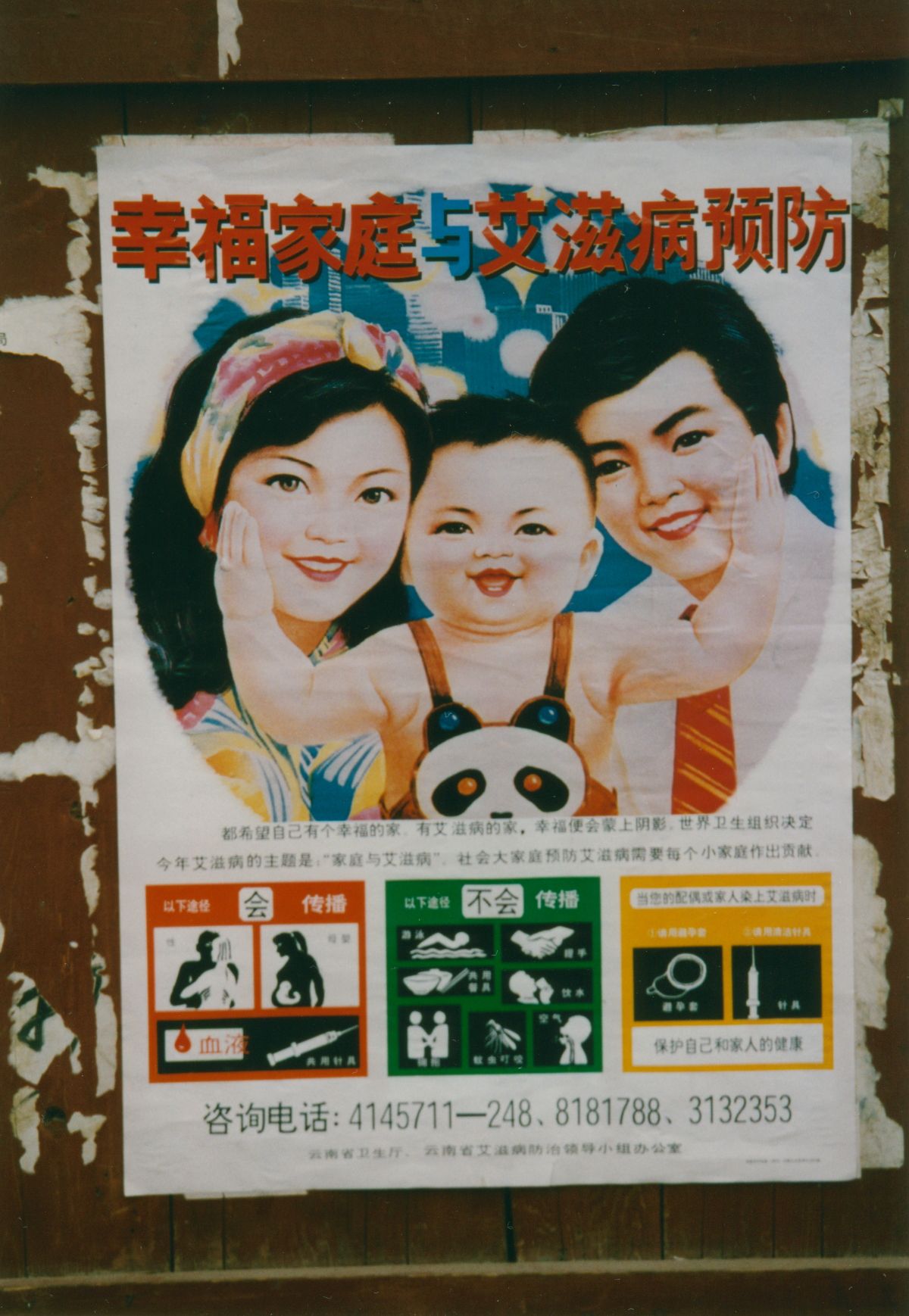
In 1979, China implemented a one-child policy in an effort to alleviate social, economic, and environmental problems in the country.
Government officials indicate that the policy prevented over 250 million births between 1980 and 2000, and 400 million births between 1979 and 2011.
"China was a very different place back then," recalls Money Morning Global Investing & Income Strategist Robert Hsu. "It was very poor and there was overpopulation; they had to do something about it. I'm not saying that it's the best policy, but that's what they did to fix these problems. Nowadays though, the economic situation in China has vastly changed."
And changed it has - China is currently the world's second-largest economy, which is precisely why investors worry about how demographic issues there will play out globally. How will China's shrinking birthrate affect global economic growth?
Over the last 10 years, local city governments in China became aware of the demographic problem. They've started to attack it in various forms:
"The interesting thing about the one-child policy is there are a lot of exceptions. At first, they allowed people in the countryside to have more children because they needed the workforce," Hsu explains.
"Then, as the economy got better, many more people in the city can afford to have more than one child. So now in cities like Shanghai, if you're an only child, and your spouse is an only child, you're allowed to have two children."
But in an odd turn of events, even though there are exceptions to the policy, many Chinese are choosing not to have kids at all -- let alone one child.
In fact, China has one of the lowest global birthrates right now.
Here's why:
Rapidly increasing inflation in China has caused a rapid depreciation of paper money; the Chinese are looking for ways to pour it into tangible, more trustworthy investments.
As a result, there has been a massive shift toward an ownership of real estate, gold, and the like. Nowadays, even the crummiest of apartments cost a few hundred thousand dollars in Shanghai.
And interestingly, this has had a huge impact on the number of marriages and the birthrate.
Since many people under the age of 35 were unable to participate in the giant asset appreciation that occurred over the last 10 years, younger men (and women) are struggling financially.
"A lot of women in China will not marry unless the groom can provide housing - not rental, but home ownership. The wealth situation is in assets, not income," Hsu said, adding, "A lot of guys in their 20s are giving up."
On top of that, it's astronomically expensive to live in Chinese cities right now, let alone to raise a kid in one:
"Many young couples in the big cities choose not to have more than one child because it's so costly. Plus, the competition in China is very cut throat," Hsu said. "Parents want to put all their resources into one child, to get him or her into the best schools, and to involve them in the most favorable activities."
The combination of a lower marriage rate and an all-your-eggs-in-one-bassinet mentality has perpetuated the low birthrate in China, despite a loosening up of the one-child policy.
Which begs the question: How will the deflating demography of China affect the global economy?
Read on to find out Robert's insider prediction of how the one-child policy will affect investors worldwide...
"China's one-child policy started in the early 1980s, so it's not really going to impact the demographics until a little bit later, probably 2016-2017. That's when we're going to start seeing the demographic structures changing rapidly," Hsu suggests.
At that point, the Chinese population will be aged. There will be very few young people to support a large group of seniors.
So many people who depended on houses as a store of value are going to realize it's not there anymore as the real estate market eventually normalizes.
"In the worst-case scenario, you're going to have a Japan-like demographic and subprime crisis," Hsu said.
Beyond financial crisis, analysts worry a social uprising may follow, making matters worse. But Hsu debunks this notion:
"The risk of social unrest is lower in China, because there are fewer young people looking for jobs. Actually, there are fewer young adults looking for work because there are fewer young adults period," Hsu said.
Ultimately, Hsu predicts China's demographic problem will not be disastrous for the global economy, but it will cause a massive slowdown in China's economic growth.
Did you know that nearly everything you've heard about China's currency is *dead wrong*? Money Morning Global Investing & Income Strategist Robert Hsu breaks it down and tells readers why that means MONEY FOR US...
Related Articles and News:
- Money Morning:
What the financial press isn't telling you about China's subprime crisis - Money Morning:
Meet the new "Masters of the Universe" and profit from them - Money Morning:
How to digest China's credit crunch cereal - Money Morning:
The best sectors for investing in Mexico, plus a few to watch


